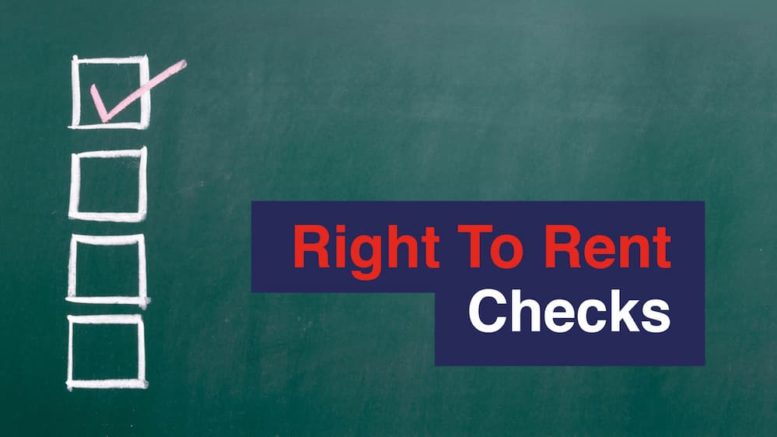From January 2024, letting agents and landlords will witness a substantial increase in fines related to non-compliance with Right to Rent checks. The Home Office has announced that fines, in certain cases, will jump from £80 per tenant to as high as £5,000 if the necessary checks aren’t adequately performed.
The changes were unveiled by Immigration Minister Robert Jenrick, who emphasised that the escalated penalties would not only target landlords and letting agents but also businesses employing individuals not authorised to work in the UK. Under the new structure, a first-time breach could result in landlords facing fines of up to £5,000 per lodger and £10,000 per occupier, a significant hike from the previous penalties of £80 and £1,000 respectively. Moreover, repeat violations will attract fines of up to £10,000 per lodger and £20,000 per occupier, a substantial increase from the earlier amounts of £500 and £3,000.
These new stringent penalties will take effect at the outset of 2024. Minister Jenrick also shed light on the penalties imposed since the initiation of the Government’s Right to Rent regulations in 2018. Over 320 civil penalties have been imposed on landlords, amounting to a combined value of £215,500.
Addressing the issue of illegal crossings, Jenrick remarked, “Making it harder for illegal migrants to work and operate in the UK is crucial to discouraging risky, needless small boat crossings. Unscrupulous landlords and employers, by allowing illegal working and renting, perpetuate the heinous business model of people smugglers. There’s absolutely no justification for not undertaking the necessary checks, and offenders will now confront considerably stiffer penalties. The goal is that higher fines will dissuade employers and landlords from engaging in illegal and perilous behaviours, further deterring individuals from attempting illegal entry into the UK.”
It’s imperative for agents representing landlords to verify the eligibility of any potential tenants or employees. Current verification methods, which will remain unchanged, include manual examination of original documents and a Home Office online verification system.







